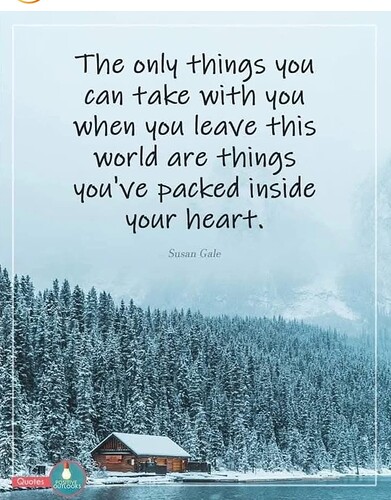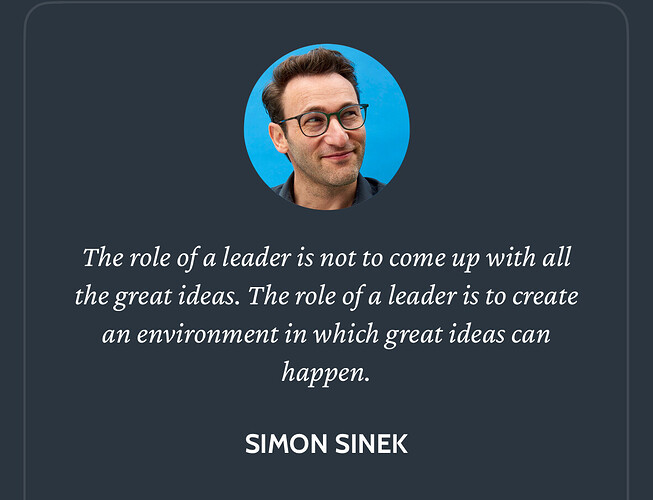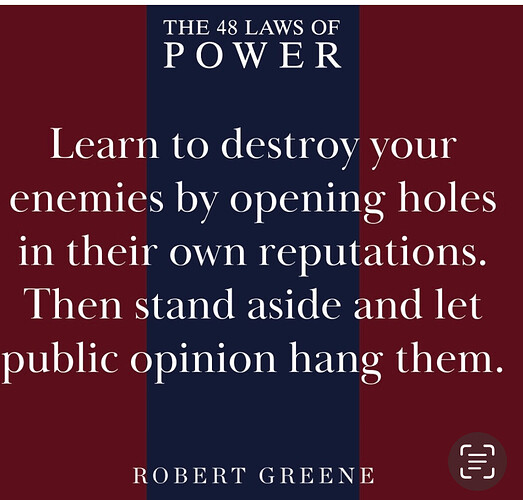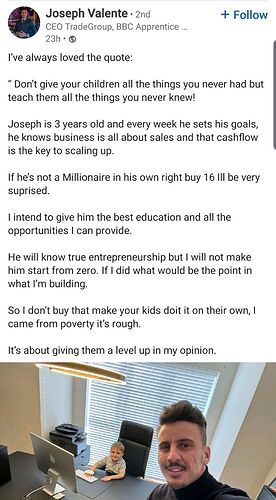Applicable to a lot of ‘lads here’. Although we’re probably allowed hate things now we’re middle aged.
![]()
Interesting concept.
Keep the devil down in the hole lads
Nick gets it
https://twitter.com/ediennico/status/1824176787162800133?s=46&t=YOfhVM10W0bcyIiYSLI3Wg
It was a great interview. I still find his love for Israel problematic and one of the reasons I haven’t picked up a ticket for his November gig.
Nick is a zionist cunt and he can fuck off for himself with his smaltzy shit.
Life is problematic
How not to freak out about the US election
This post isn’t intended solely for people who are, to use a bit of technical psychology jargon, freaking the hell out about next week’s American presidential election; really, it’s for anyone who craves a little more sanity, calm, and meaningful productivity amid ambient anxiety, news-induced or otherwise. Still, it’s an event that makes the challenges involved exceptionally vivid. So I suppose the potential re-election of Donald Trump has that going for it, at any rate.
For years now, since long before I started writing books, I’ve found solace and breathing-space in a question from Eckhart Tolle: “Do you have a problem now?” “Narrow your life down to this moment,” Tolle writes. “Your life situation may be full of problems – most life situations are – but find out if you have any problem at this moment. Not tomorrow or in ten minutes, but now.”
Personally (though it depends on how you define ‘problem’) I don’t think the point is that the answer must always be no. If you’re in acute physical or emotional pain, or staring at a negative bank balance on the day the rent is due, you might answer ‘yes’. But it’s stunning how often my answer is no – because the problem I was fretting about hasn’t happened yet, and indeed might never happen at all. Even when there does seem to be a genuine problem, Tolle’s question has a way of reframing what that problem demands of me, shifting it from something hopelessly amorphous to something compact and manageable. Not “sort my life out and stop being so disorganized,” but “go through that folder, see if there are any urgent actions I need to take, and if so, make a list of them.”
A closely related point: during the periods I worked as a news reporter, I’d often keep calm – or calmer than otherwise, anyhow – by focusing exclusively on the very next thing I had to do. If my instructions were, say, to book a plane trip at short notice, get to the airport, fly for three hours, interview a bunch of people, then file an 800-word story by evening, I’d assuage my anxiety by drastically narrowing my horizons. “I just need to book the plane trip,” I’d tell myself. Then: “I just need to get to the airport.” Then: “I just need to check in and go to the gate.” And so on.
It was only much later I grasped that these weren’t simply ad-hoc self-soothing strategies I’d stumbled upon. In fact, they express a fundamental truth about being a finite human. You’re always only here and now, so that for a problem to exist, it must exist, in some sense, here and now. As for telling myself I only needed to do the very next thing… you always only can do the very next thing, then the next, whether you like it or not. It’s a little strange, actually, to refer to any of these techniques as “narrowing your horizons”, as if they involved somehow artificially limiting yourself. Really, you’re just consciously recognizing how limited you always already were.
Some readers may recognize here the Stoic idea of the “dichotomy of control” – the notion that you ought to confine your concerns to things you can influence, while cultivating detachment from everyhing you can’t. But to be honest, and perhaps unfairly to Stoicism, I’ve always found this slightly bloodless and intellectual. Hard as I’ve tried, I apparently can’t just divide the world up into these two categories, then use my reason and willpower to decide not to care about one of them. I find it more effective to feel my way into the reality of my finitude. It’s like I’m standing here, on a tiny island of time and space, a miniscule outcrop in the middle of the ocean; and yet for all sorts of reasons, I find myself constantly leaning out over the water, attempting to fiddle with things that are outside my reach – and losing my balance in the process.
Instead, we could follow the advice of the poet David Whyte, who writes: “Start close in. Don’t take the second step or the third, start with the first thing close in… start with the ground you know, the pale ground beneath your feet.” The “inner move” involved here isn’t so much one of detaching, or even surrendering, but rather of gathering in your energies, collecting your strength, feeling confident in the solidity of the rock on which you’re standing.
And a big part of the reason for this gathering-in, to be clear, is to do stuff. To act. Not just to kick back and relax (though there’s a place for that), to convince yourself that everything outside the here and now is irrelevant, or to chill out while the world burns. It’s not even about lowering your ambitions. From this limited human position – in which you’re only ever here; in which only the present exists; and in which it’s only ever possible to take the next action – it’s perfectly possible to accomplish the most impressive, admirable, or difference-making things that were ever on the cards for you to begin with.
In fact, I’d go further: it’s the only position from which anything good, or indeed anything at all, has ever been done. By anyone. Ever.
I suppose I had better spell out why I think this might be helpful in contemplating next week’s US election, and whatever might follow.
Well, let’s see: As you carefully contemplate your situation, radically limited to the here and now, you might first understand that the overall result of the election – since it exists in the future, and involves the aggregate actions of millions of people – belongs in a meaningful sense to a world you simply don’t inhabit. The same goes for whatever large-scale societal dynamics might ensue from the result.
You might then feel your way back into the world you do inhabit, the real physical environment and the flesh-and-blood people, and remind yourself of anything you appreciate about all that. (Ignore any social media addicts who tell you that, in a time of crisis, this constitutes escapism. Is this what we’ve come to – that paying more attention to the reality around you, and less to frenzied online fantasies, gets condemned as taking your eye off the ball?) From there, you’d ask what can actually be done about the subject of your worry, in your world. Depending on your situation, that might involve voting, canvassing, donating, or possibly much more. Or it might involve the underrated activity of not necessarily doing anything overtly political at all, but of more devotedly embodying, in your everyday actions, the kind of world you take yourself to be fighting for.
You might also see that holding a space for sanity – which is what we’re talking about here – is itself a useful contribution to keeping the planet on an even keel. Finally, you might go and do something fun, because that matters, too.
And perhaps then you’ll feel in your bones – as I do, at least on my better days – that relaxing into this situation of limitation, exhaling in relief at no longer having to try to manipulate things in worlds you don’t inhabit, is both a more pleasurable and a more effective way to live. And that most of the time, you don’t actually have a problem now.
Some lads aren table for democracy
Did Bressie write that?
She’s no Corinna Kopf
Looks like someone has been reading Atomic Habits
Success isn’t 4 likes anyway I’d imagine





